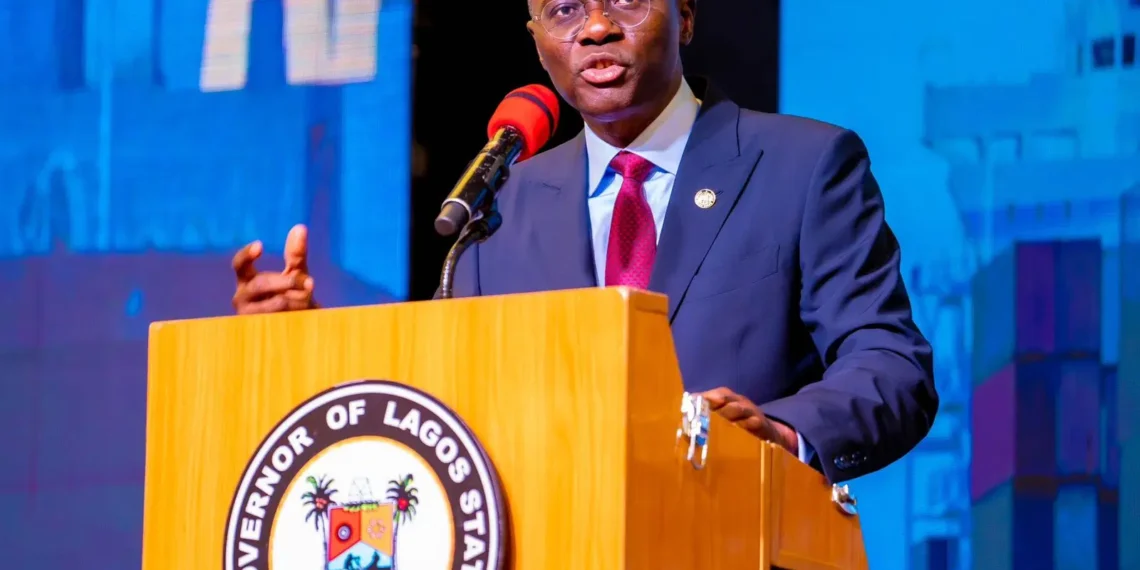Lagos State has introduced a new initiative called the Lagos Identity Project, which focuses on a digital house numbering system.
The project aims to make it easier to identify properties and improve the delivery of services across the state.
Special Adviser to Governor Babajide Sanwo-Olu on geographic information, Olajide Babajide, explained that the new system will help people find properties more easily and improve how public services work.
He disclosed this during the project launch, held on Tuesday in Alausa, Lagos State.
According to him, the new house numbers will be displayed on digital plates that include QR codes and colour codes for different local government areas.
The features will help in emergencies, assist with postal services, and aid in planning city development.
“This project is about giving people in Lagos the quality services they deserve,” Babajide said.
He highlighted problems like tax evasion and issues with finding addresses, stating that the digital approach will solve these problems.
“By scanning the QR code on a building, anyone can access important information about the property.
Read also:
- Bode George denies reports of PDP’s collapse in Lagos
- Lagos reaffirms commitment to climate resilience, coastline protection
- Off-Grid Power in Lagos surpasses National Grid as Nigeria faces deepening energy crisis
“The new system also aims to prevent rental scams and improve emergency services throughout the communities in Lagos,” he said.
Babajide linked this effort to earlier advancements in the city, such as the data center established when President Tinubu was governor, which helped Lagos gain international recognition for its digital governance.
The project was developed in collaboration with Interspatial, which spent two years mapping the entire area of Lagos.
It sets up a modern, standardized addressing system that meets global standards for identification and privacy.
“This isn’t just a project; it’s a lasting change that meets international standards.
“Currently, the system is being tested in the Eti-Osa Local Government Area, and officials plan to roll it out to all 57 local government and council development areas after the pilot phase,” Babajide stated.
He assured that local youth trained in the programme are actively involved in making sure the data is accurate and that the community is engaged.
Babajide praised the state government’s investment in the initiative, saying it demonstrates a strong commitment to improving planning and services.






